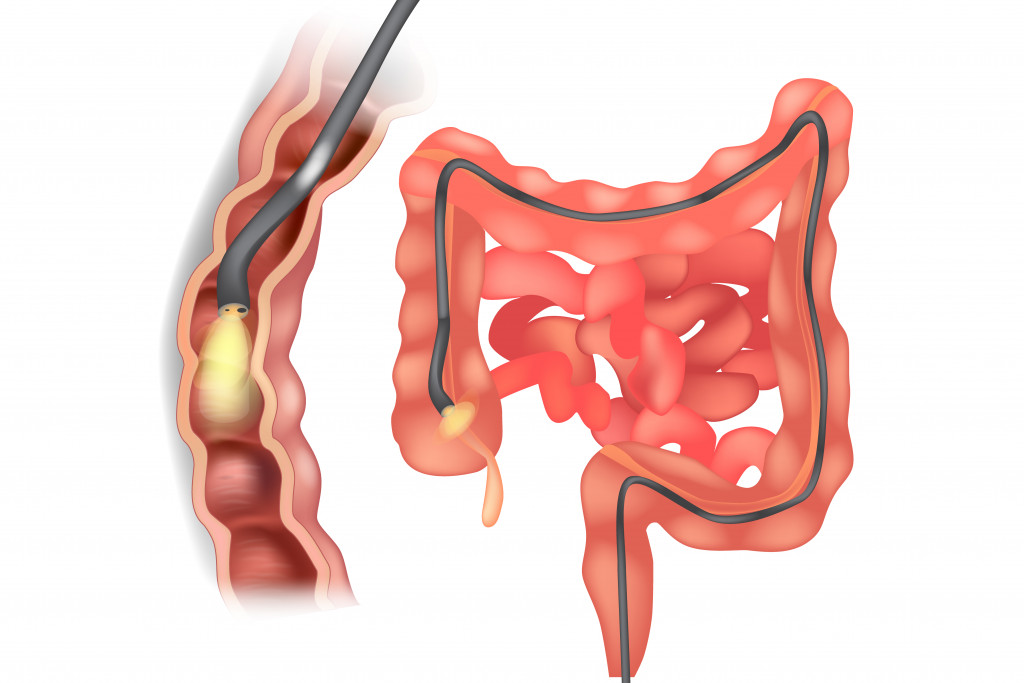• Proper nutrition is essential for seniors.
• Digestive problems, medication interactions, age-related decline, depression, dental problems, and jaw pain can prevent seniors from getting proper nutrition.
• Consider incorporating multivitamins into their diet and eating more nutrient-dense foods such as dark leafy greens and lean proteins.
• Dental checkups, increased water intake, exercising, spending time outdoors, and professional help can help seniors maintain a healthy diet.
Proper nutrition is essential for everyone, especially seniors. As you age, your nutritional needs change, and so do the effects of poor nutrition. Seniors must get the proper amount of protein, carbohydrates, and healthy fats. Not only does it help improve energy levels, but it can help promote better skin health, strengthened immune systems, and improved digestion.
Furthermore, eating the right foods can help seniors maintain a healthy weight and prevent conditions such as heart disease, diabetes, and osteoporosis. By paying attention to proper nutrition early on, seniors are more likely to enjoy a higher quality of life later on.
However, certain health issues can make it difficult for seniors to get the nutrition they need. Here are a few of these potential health issues and what can be done to ensure proper nutrition for seniors:
Digestive Issues

Digestive problems, such as constipation and irritable bowel syndrome (IBS), can lead to poor absorption of key vitamins and minerals. Eating more fiber-rich foods like fruits and vegetables, drinking plenty of fluids, exercising regularly, and taking probiotics can help alleviate digestive issues.
Medication Interactions
Medication side effects or interactions with other medications or supplements can prevent seniors from getting the necessary nutrients. Make sure you talk to your doctor about any potential interactions between medications and supplements that you are taking before starting any new medication or supplement regimen.
Age-Related Decline
As you age, your body becomes less efficient at absorbing essential vitamins and minerals from food sources alone. To make sure senior loved ones are getting the nutrients they need on a daily basis, consider incorporating multivitamins into their diet.
Depression
Depression is a common problem among older adults, but it can lead to poor eating habits and inadequate nutrition intake. If you or another elderly loved one may be struggling with depression, seek professional help right away in order to get them the care they need. Additionally, there are other things you can do to manage depression and improve nutrition, such as:
Eating more nutrient-dense foods
Eating nutrient-dense foods like dark leafy greens, legumes, and lean proteins can help give seniors the energy and nutrients their bodies need. Additionally, eating regular meals throughout the day can help boost energy levels and maintain a healthy weight.
Incorporating regular exercise

Exercise is an important part of mental health, so make sure you or your loved one gets moving every day. Exercises such as walking, swimming, and yoga can help reduce stress and anxiety levels, improve mental clarity, and provide a variety of other physical benefits.
Spending time in nature
Spending time in nature can help reduce stress levels, improve moods, and promote relaxation. Consider taking seniors on walks in the park or visiting nearby lakes and gardens to enjoy some fresh air and sunshine.
Dental Problems
Poor dental health can make it difficult for seniors to chew their food properly, leading to inadequate nutrition intake. Here are common dental problems in seniors and what can be done to address them:
Periodontal disease
Proper brushing and flossing are essential for maintaining good oral health. In addition, regular dental checkups can help keep periodontal disease at bay.
Dry mouth
This is a common side effect of certain medications or medical conditions. Increasing water intake and chewing sugarless gum can help alleviate symptoms of dry mouth.
Tooth loss
Missing teeth can make it difficult to chew or digest food properly, leading to poor nutrition. Your dentist may recommend dentures as a solution to tooth loss. Dentures can help restore a senior’s ability to chew and digest food properly. Dentures may also improve the senior’s overall quality of life by helping them feel more confident and comfortable.
Jaw pain
Issues with the temporomandibular joint (TMJ) can cause jaw pain and make it difficult to chew food. If you experience jaw pain, talk to your doctor or dentist about treatment options.
Seniors need to maintain a healthy diet to stay physically and mentally fit. However, certain health issues can make it difficult for them to get the nutrition they need. Digestive problems, medication interactions, age-related decline, depression, dental problems, and jaw pain are all potential obstacles that could prevent seniors from getting the proper amount of nutrients their body needs.
By understanding these potential health issues and taking steps such as incorporating multivitamins into their diets or eating more nutrient-dense foods like dark leafy greens and lean proteins, you can help ensure that you or your other senior loved ones get proper nutrition.






